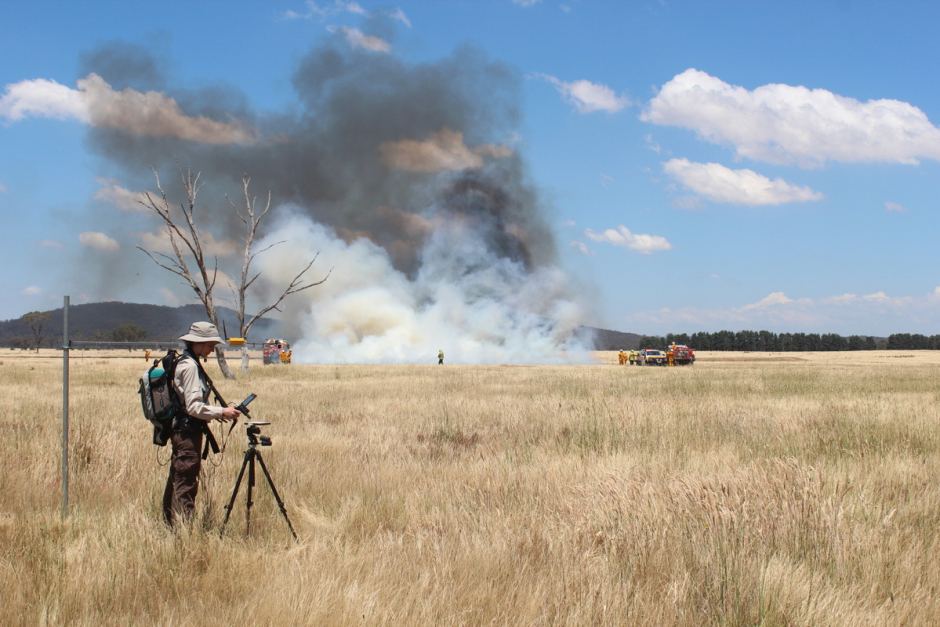TERN is partnering with the Australian Department of Agriculture, Water and the Environment (DAWE) to provide researchers, firefighters and planners with national fuel load data essential for modelling and prediction of bushfire behaviour.
The two-year project will receive support from the NCRIS-enabled Australia Research Data Commons (ARDC) as part of its Bushfire Data Challenges Program, which seeks to support the development of national digital infrastructure to overcome data challenges associated with bushfire research and response in Australia.
Following extensive consultations with the bushfire community, both private and public, the Program identified three priority areas necessary for establishment of a Bushfire Data Commons.
Led by TERN, Geoscience Australia and CSIRO respectively, these are: Aggregated and harmonised fuel data on a national scale; Aggregated and harmonised burnt extent fire history data on a national scale; and A fire behaviour modelling platform.
Aggregating and harmonising fuel data on a national scale
TERN, together with the Australian Department of Agriculture, Water and the Environment (DAWE), will lead the ‘fuel data’ component of the program.
Fuel data describes the combustible materials in a defined space and its related attributes such as type, amount, structure and moisture. Accurate estimation of fuel, alongside information about the type of vegetation at a location is key to managing and mitigating bushfire risk.
Multiple organisations across different jurisdictions collect and use fuel data. However, there is no coordinated approach and community standards to harmonise, aggregate and share fuel data parameters across different stakeholders.
This work will define implementation processes and systems for ongoing sharing of fuel data and related attributes for meeting the needs of multiple stakeholders and to better enable Australia-wide bushfire response and preparedness.

TERN and DAWE will implement standards to harmonise, aggregate and share fuel data parameters across different stakeholders from multiple ecosystem types (Credit: Carolina Luiz)







